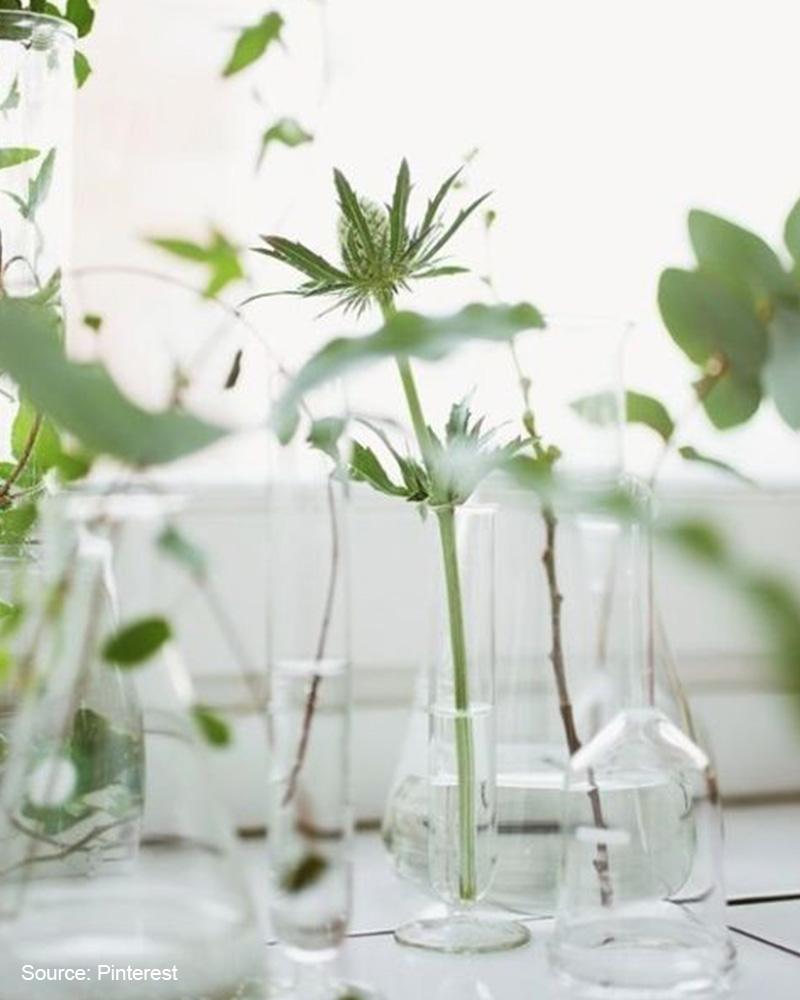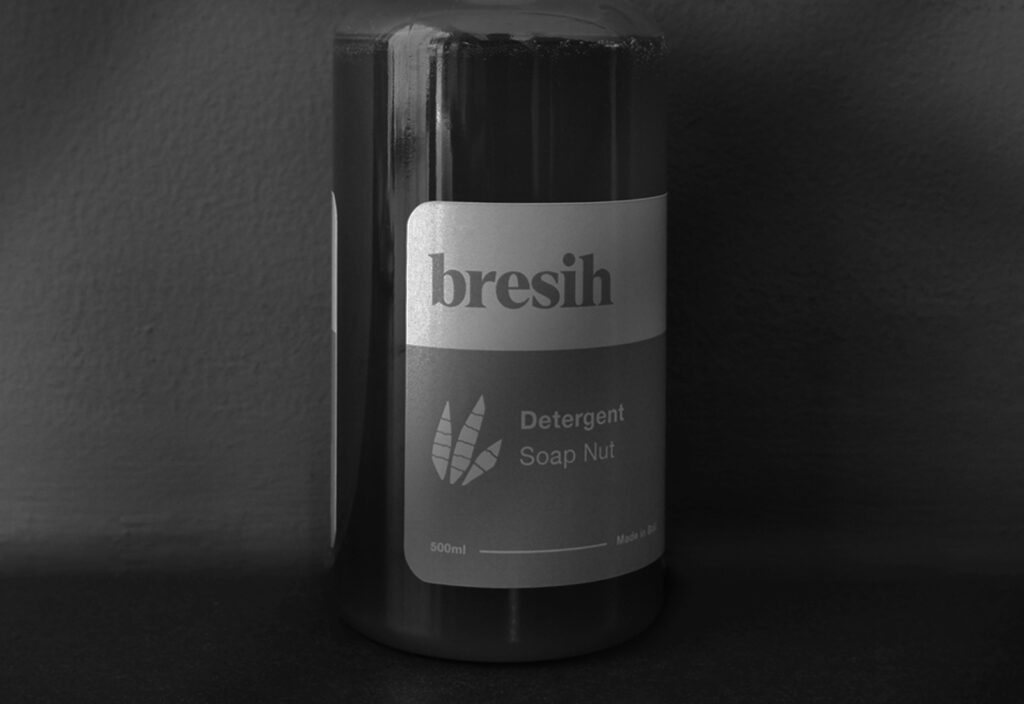
THE PUNCH RESOURCES
Experience the transformative impact of natural cleaning for a greener, healthier home and workplace
Engaging in the daily ritual of cleaning our homes is essential, but the products we choose for cleanliness can have profound implications. The drawbacks of chemical cleaning products are increasingly evident, with potential harm to health, contribution to indoor air pollution, negative impacts on the environment, and threats to aquatic life in water systems. The rise of natural and non-toxic cleaning products reflects a growing awareness of these concerns. By opting for natural alternatives, both individuals and businesses can contribute to a cleaner, greener, and healthier future.
Natural and non-toxic cleaning products, formulated with ingredients safe for both humans and the environment, exclude harsh chemicals such as ammonia, chlorine, phthalates, and synthetic fragrances. Instead, they leverage natural elements like vinegar, baking soda, essential oils, and plant-based surfactants for effective cleaning and disinfection. Making this conscious choice aligns with a commitment to well-being and environmental responsibility, whether in personal spaces or the workplace.

Natural cleaning products offer a host of benefits for both individuals and businesses. Unlike their chemical counterparts, they are formulated with ingredients that are gentle on both surfaces and the environment.
Benefits & Impacts of Natural Cleaning Products
HEALTHIER INDOOR AIR QUALITY
Traditional cleaning products can release volatile organic compounds (VOCs) and allergens, which can affect indoor air quality. Natural cleaning products do not emit harmful fumes, promoting cleaner and healthier air in your home.
SAFER FOR CHILDREN AND PETS
Natural cleaners are gentle and non-toxic, making them safer for households with children and pets who may come into contact with cleaned surfaces.
REDUCED CHEMICAL EXPOSURE
By eliminating harsh chemicals, you minimize your exposure to potentially harmful substances, which can lead to various health concerns, including skin irritation, respiratory issues, and allergies.
RESPONSIBLE PRODUCTS
Natural cleaning products are biodegradable and environmentally responsible. They break down harmlessly in the environment, reducing pollution and harm to ecosystems.


NO HARSH RESIDUE
Natural cleaners leave behind little to no residue, making them easier to rinse off and reducing the risk of accidental ingestion or skin contact.
EFFECTIVE CLEANING
Contrary to the misconception that natural cleaners are less effective, many natural products are just as efficient as their chemical counterparts. They can tackle dirt, grime, and germs effectively.
REDUCED PACKAGING WASTE
Many natural cleaning product brands focus on eco-friendly packaging, further contributing to sustainability by reducing plastic waste.
CRUELTY FREE
Numerous natural cleaning product companies are committed to cruelty-free practices, ensuring that no animals are harmed during testing.

Bresih: Pioneering Natural Cleaning in Bali
In their pursuit of a cleaner and more sustainable Bali, Bresih is driving a positive change in the way cleaning is approached. Their core value revolves around the eradication of pollution affecting both the environment and human well-being. Bresih has engineered plant-based cleaning solutions that excel not only in removing oils and dirt but also in their biodegradability, assuring the preservation of Bali’s natural beauty. At the core of their cleaning products lies a commitment to the local community, as they source plants from the region. Bresih actively encourages their customers to reuse containers, offering cost-effective solutions and employing durable, high-quality receptacles that can withstand the test of time, thus minimizing waste.
Their eco-conscious approach extends to their paper-based take-away bags, aligning with the sustainability of their biodegradable cleaning solutions. Thanks to Bresih, the need to dispose of cleaning liquid containers is unnecessary, as they can be conveniently refilled at a reduced cost, further safeguarding Bali’s streams, rivers, and oceans from pollution.
EXPLORE THE PUNCH

